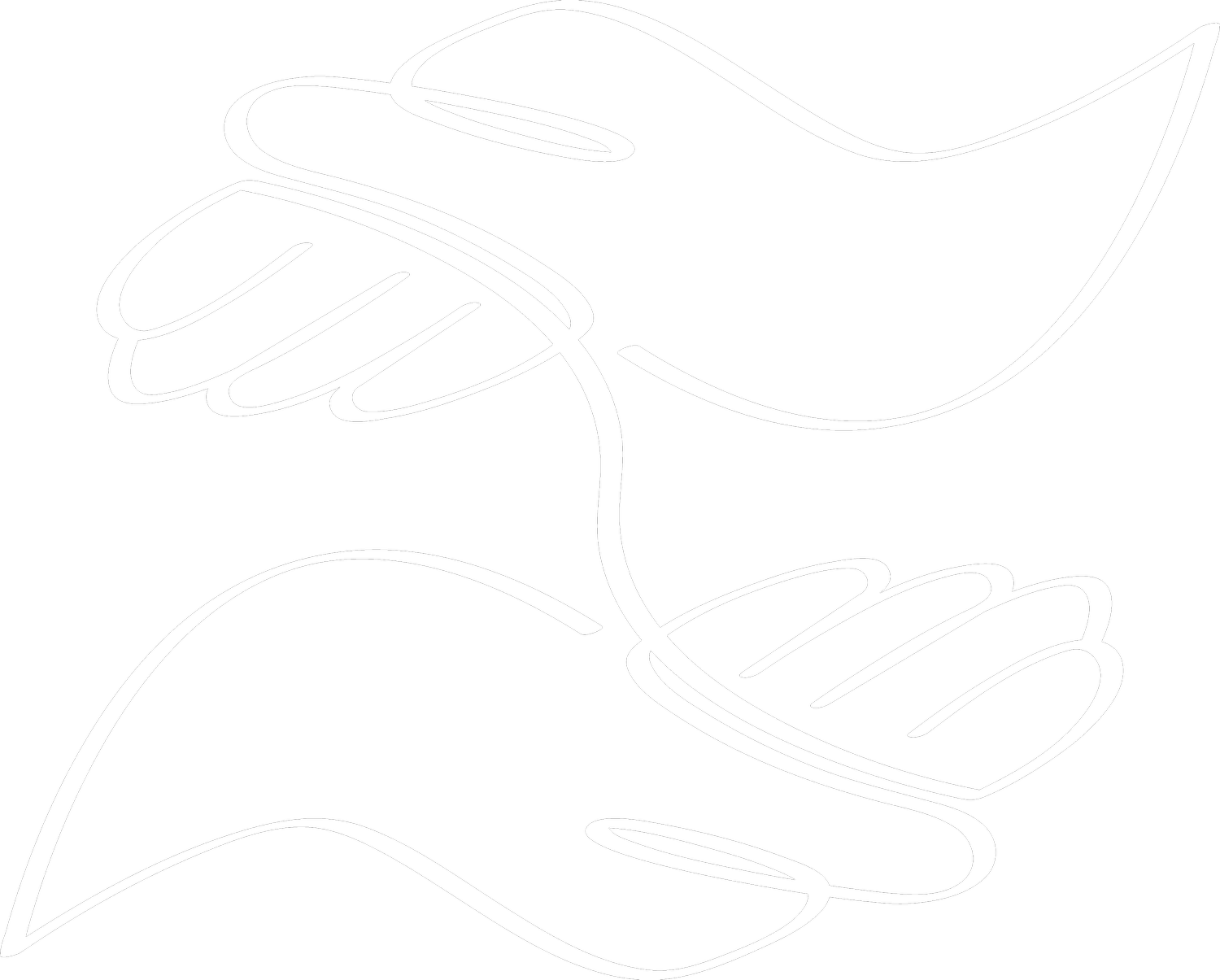Graceful Self-Regard
Relational trauma happens when the people we depend on for love, care, or safety repeatedly (intentionally or unintentionally) hurt, dismiss, or confuse us. It’s not always loud or dramatic, sometimes it’s subtle and chronic: emotional manipulation, criticism, gaslighting, or neglect. Over time, it teaches us to question our worth and silence our needs.
These wounds often begin in early relationships, shaping the belief that love must be earned, that our needs are too much, or that we’re somehow fundamentally flawed. Over time, we stop trusting our feelings and begin to see ourselves through someone else’s distortion.
In psychology, there’s a term called unconditional positive regard; the belief that everyone deserves acceptance and care, no matter their flaws or struggles. But after relational trauma, that kind of acceptance can feel distant or hard to access. What feels more honest to me is something I think of as unconditional graceful regard, offering ourselves grace as we navigate the slow, often messy process of healing. It’s not about having it all together. It’s about staying with ourselves, even when we’re struggling, and making room for who we are, not just who we think we’re supposed to be.
Often, the roots lie in early relationships that taught us our needs were too much, our feelings inconvenient, or our worth conditional. These patterns may not look dramatic from the outside, but over time they chip away at our ability to trust ourselves.
This blog explores how relational trauma affects self-regard and how we can begin to reclaim it. Not through forced positivity or inflated self-esteem, but by cultivating something steadier: a grounded, graceful relationship with ourselves.
How Relational Trauma Warps Self-View
In healthy relationships, we learn that we matter. Our needs are met with care, and our boundaries are honoured. This builds self-trust.
But when relationships are shaped by neglect, gaslighting, or emotional control, we often absorb damaging messages:
Your feelings are too much.
Your needs don’t matter.
You can’t trust your instincts.
Love must be earned and you’re still falling short.
Over time, we internalize these messages. We doubt ourselves. We overfunction. We silence our needs to maintain peace. Eventually, we stop offering ourselves the basic respect and warmth we deserve.
Graceful self-regard gets replaced with survival strategies: self-judgment, self-abandonment, perfectionism. Not because we’re broken, but because we adapted.
The Long Return to Ourselves
One of the most painful effects of relational trauma is how it damages our relationship with ourselves. It doesn’t just hurt our feelings, it reshapes our identity. We start seeing ourselves through the eyes of the person who hurt us: as difficult, too much, not enough, or fundamentally flawed.
This kind of injury runs deep. It’s not just about recovering from a breakup or cutting contact with someone toxic. It’s about slowly, painfully, relearning how to be on our own side again.
And that takes time. A lot of time.
It often involves unlearning beliefs we didn’t even know we’d absorbed. Noticing the voice in our head that criticizes or doubts us. Learning how to respond to that voice with care instead of shame. Rebuilding self-trust, one small boundary or brave “no” at a time.
Cultivating graceful self-regard isn’t a quick fix. It’s a long, slow carving, something we shape gently over time. Some days it’s easy to connect with, and other days it feels out of reach.
But every time we choose to treat ourselves with honesty, kindness, or patience, we’re building it.
